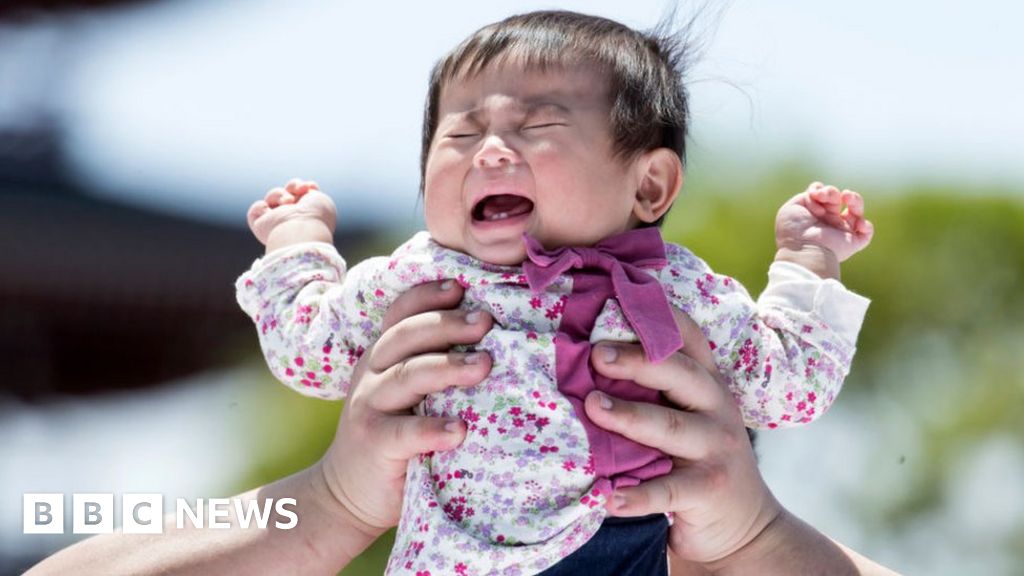- Written by Mariko Oi
- business reporter
image source, Getty Images
While the number of births in Japan is at an all-time low, the elderly population is increasing.
A Japanese diaper manufacturer has announced that it will stop producing infant diapers in the country and focus instead on the adult market.
Oji Holdings is the latest company to make such changes in Japan, where the birth rate is at a record low and the population is rapidly aging.
For more than a decade, sales of adult diapers exceeded those of infant diapers in this country.
The number of babies born in Japan in 2023 was 758,631, a decrease of 5.1% from the previous year.
This is the lowest number of births in Japan since the 19th century. In the 1970s, that number reached more than 2 million.
Oji Holdings said in a statement that its subsidiary Oji Napia currently manufactures 400 million infant diapers annually. The company's diaper production reached a peak of 700 million diapers in 2001, and production has continued to decline since then.
In 2011, Unicharm, Japan's largest diaper manufacturer, announced that sales of adult diapers exceeded sales of baby diapers.
Meanwhile, the adult diaper market continues to grow and is estimated to be worth more than $2 billion (£1.6 billion). Currently, Japan has one of the world's largest elderly populations, with approximately 30% of them being over 65 years old. Last year, the proportion of people aged 80 and over exceeded 10% for the first time.
Oji Holdings also said it will continue manufacturing baby diapers in Malaysia and Indonesia, where demand is expected to grow.
Population decline, the result of an aging population and plummeting birth rates, is a crisis for Japan, one of the world's largest economies. However, the Japanese government's efforts to address these challenges have so far met with little success.
Increased spending on child-related programs and subsidies for young couples and parents does not appear to be boosting birthrates. Experts say the reasons are complex, ranging from lower marriage rates to more women entering the workforce to increased childcare costs.
Prime Minister Fumio Kishida said last year that “Japan stands on the brink of whether or not it can continue to function as a society,” adding that it was a “now or never” moment.
But it's not just Japan. Fertility rates are also declining in Hong Kong, Singapore, Taiwan, and South Korea, making these countries some of the lowest in the world.
China's population is expected to decline for the second consecutive year in 2023, and, like Japan, it has introduced various incentive measures to increase the birth rate. But China is also facing demographic challenges due to its aging population and the impact of a decades-long one-child policy that ended in 2015.


